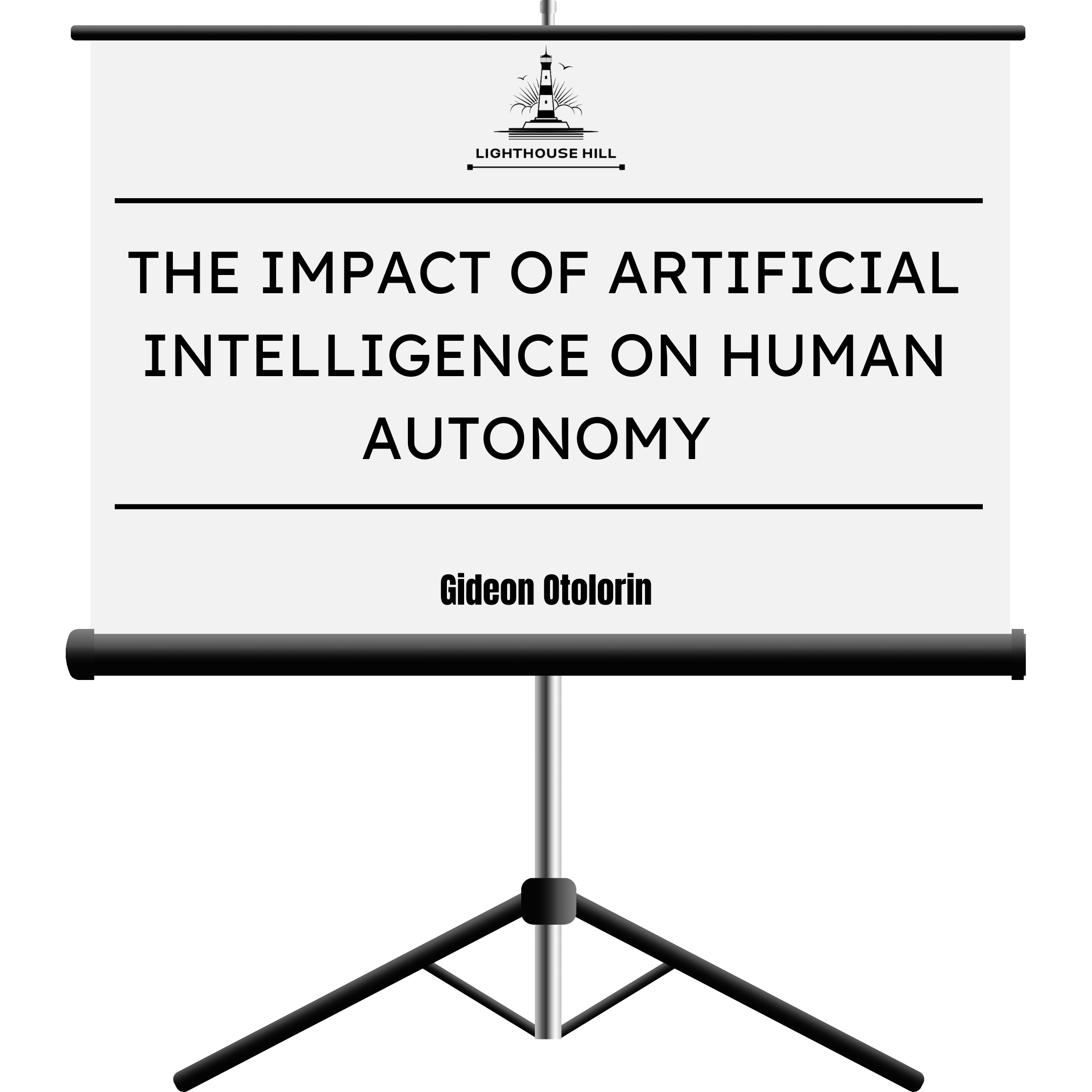
Introduction
The advent of artificial intelligence (AI) has ushered in a new era of technological advancement, with profound implications for various aspects of human life. Among these implications, the impact of AI on human autonomy is a particularly pressing concern, especially from a theological perspective. This article examines how the development and deployment of AI technologies might challenge or enhance our understanding of human autonomy.
God’s Image and Human Autonomy
The concept of Imago Dei is central to Christian theology, affirming that humans are created in the Image of God. This image is not merely a physical likeness but a reflection of God’s moral, intellectual, and spiritual qualities. The Imago Dei has profound implications for human autonomy, which include:
Moral Agency: As created in God’s image, humans possess moral agency, the capacity to make choices and act freely. This freedom is essential for living a life that reflects God’s character.
Intellectual Capacity: Humans are endowed with intellect, allowing them to reason, understand, and learn. This intellectual capacity is a reflection of God’s divine mind.
Spiritual Nature: The Imago Dei also implies a spiritual dimension to human existence. Humans are capable of having a relationship with God, seeking spiritual truth, and experiencing divine love.

by RF._.studio via pexels
Also Read: ARTIFICIAL INTELLIGENCE AND THE IMAGE OF GOD: MAN’S TECHNOLOGY VERSUS GOD’S CREATION
AI and the Challenge to Human Autonomy
The development of AI raises questions about the uniqueness of the Imago Dei and the extent of human autonomy. AI systems can exhibit intelligence and even make decisions, challenging traditional conceptions of what it means to be human.
Here are some of the challenges:
AI as a Threat to Human Agency: Some argue that AI could erode human agency by automating tasks that were once performed by humans, leading to a loss of autonomy and control. This could result in a situation where humans become increasingly dependent on AI, diminishing their ability to make independent choices and live authentically.
AI as an Enhancement of Human Capabilities: Others contend that AI can enhance human autonomy by augmenting our abilities and freeing us from mundane tasks, allowing us to focus on more creative and fulfilling endeavours. For example, AI-powered tools can assist with research, problem-solving, and decision-making, empowering humans to achieve more than they could on their own.
AI and the Singularity: The possibility of an AI singularity, where AI surpasses human intelligence, raises concerns about the future of human autonomy. If AI were to become significantly more intelligent than humans, it could potentially pose a threat to our existence or control over our own destiny.
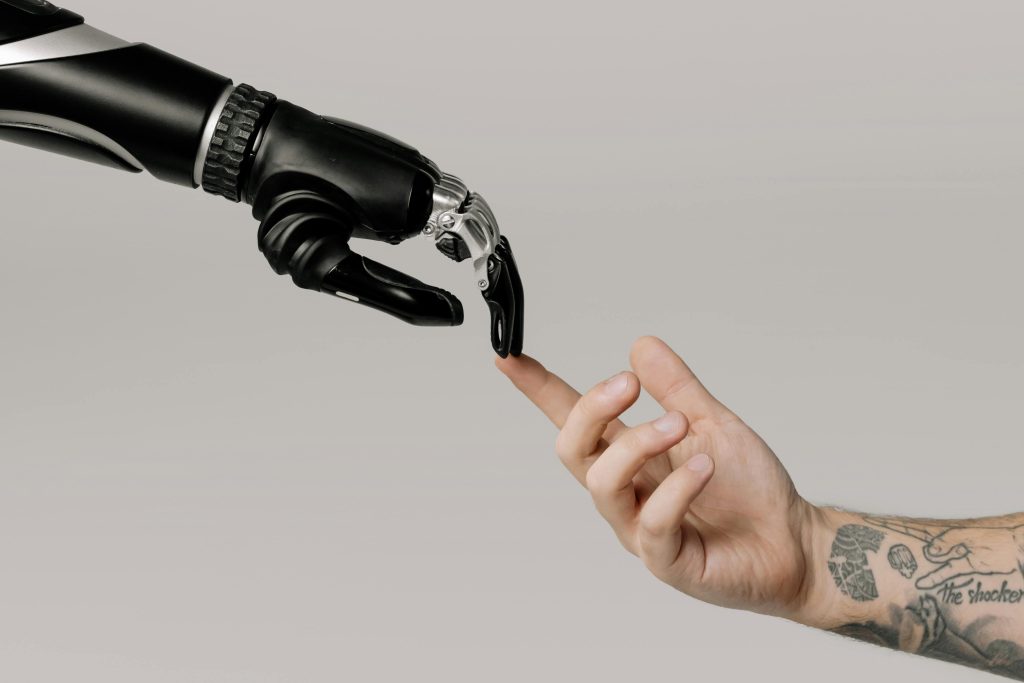
by cottonbro studio via pexels
The following considerations are crucial in putting AI and humans in their class:
The Uniqueness of the Human Soul: Is there something inherently unique about the human soul that distinguishes it from AI? Does the Imago Dei imply a spiritual dimension that AI cannot possess? Some theologians argue that the human soul is a unique, spiritual substance that sets us apart from other creatures. This perspective suggests that while AI can simulate certain human behaviours, it cannot truly possess a soul.
The Limits of Human Autonomy: Can AI ever truly threaten human autonomy? Or is it merely a tool that humans can use for good or evil? It is important to recognize that AI is a tool created by humans, and its impact on human autonomy depends on how it is used. While AI can be used to enhance human capabilities, it can also be used to restrict them.
The Stewardship of Creation: How should Christians respond to the development of AI? Should we embrace it as a tool for human flourishing, or should we be cautious about its potential dangers? A Christian perspective on AI should emphasize the importance of using technology responsibly and in accordance with God’s will.
Conclusion
The Imago Dei is a foundational concept in Christian theology that has profound implications for human autonomy. As AI continues to advance, it is essential for Christians to engage with these issues thoughtfully and prayerfully. By understanding the Imago Dei and its implications, we can develop a theological framework for navigating the challenges and opportunities presented by AI. It is important to remember that while AI can be a powerful tool, it should not be allowed to undermine the dignity and worth of human life.



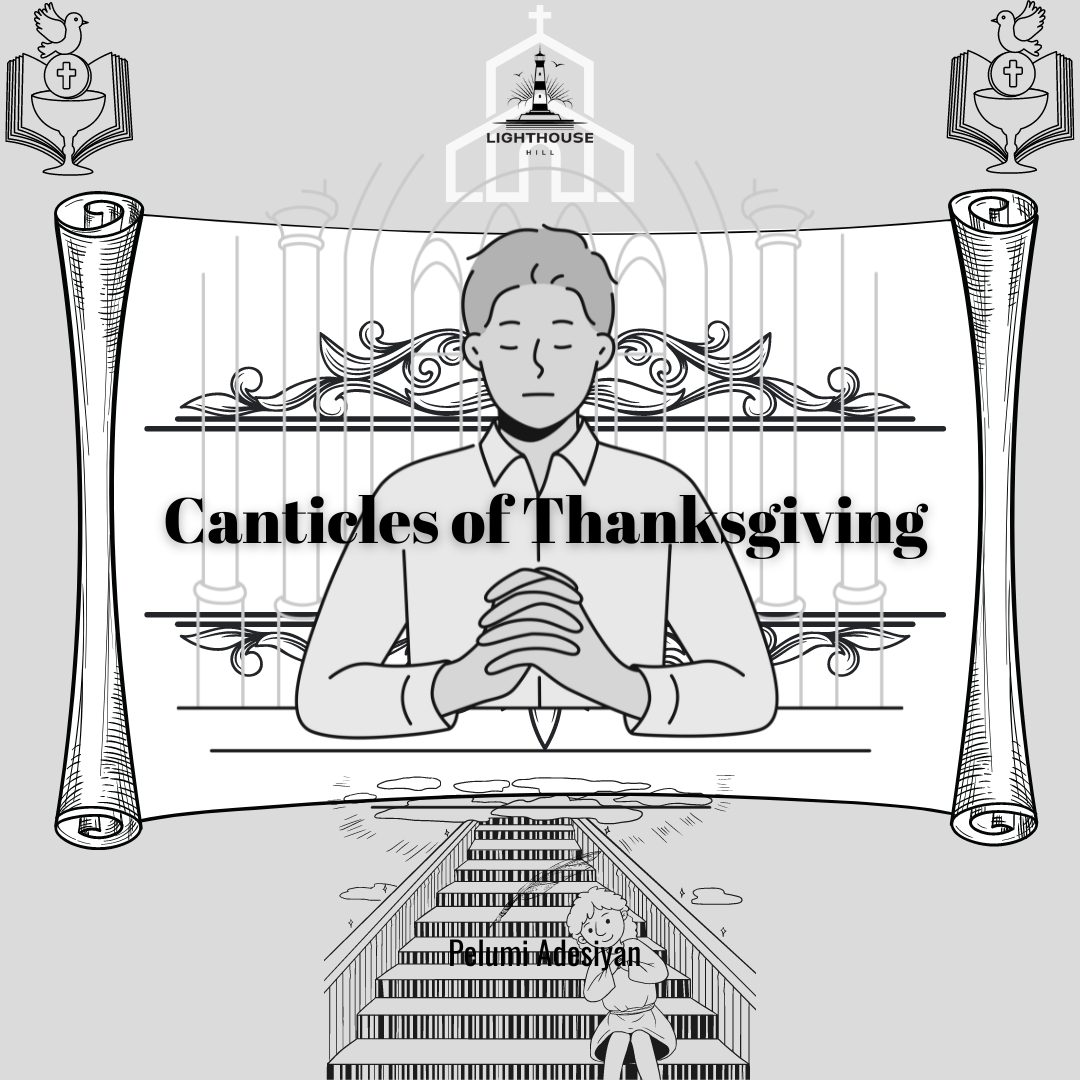
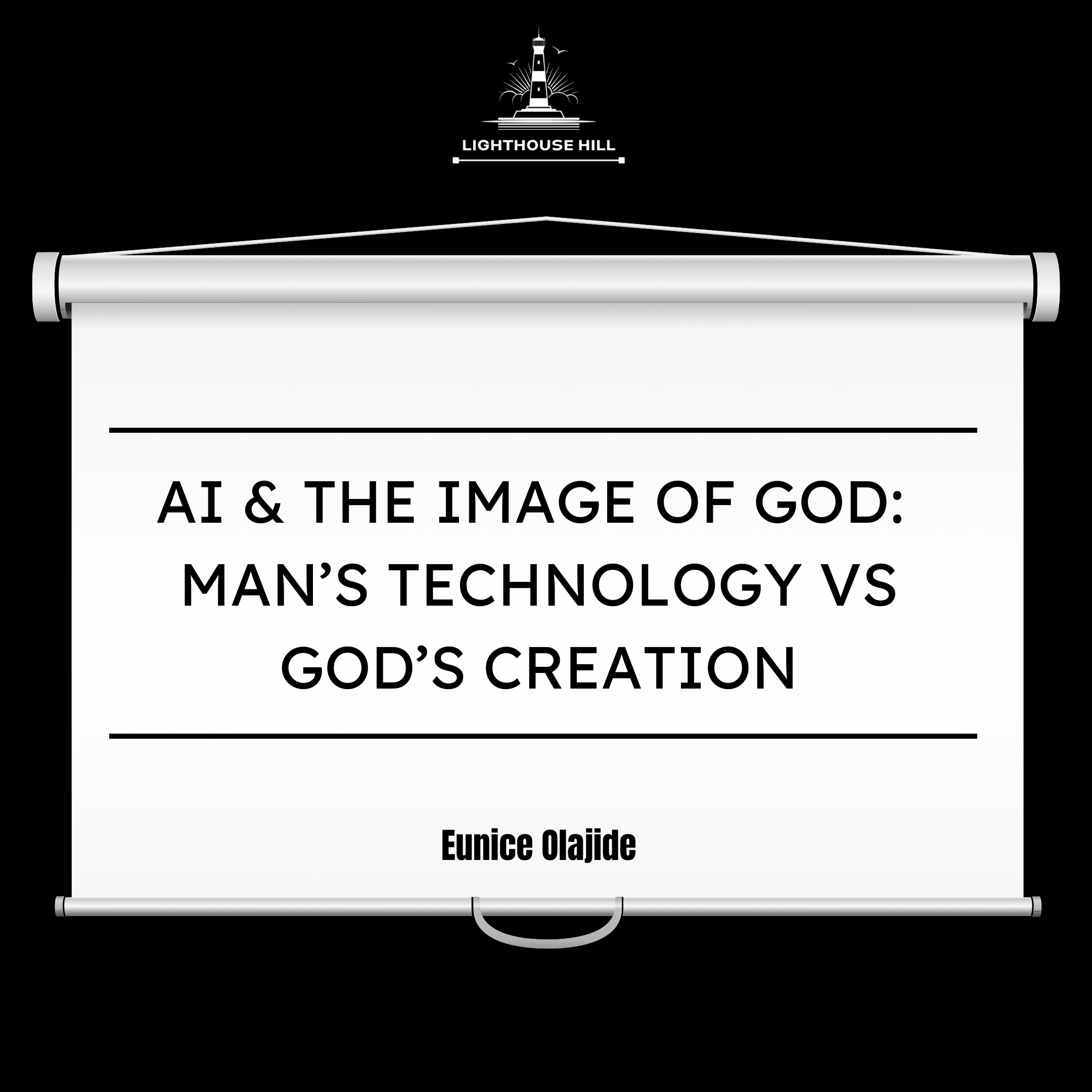


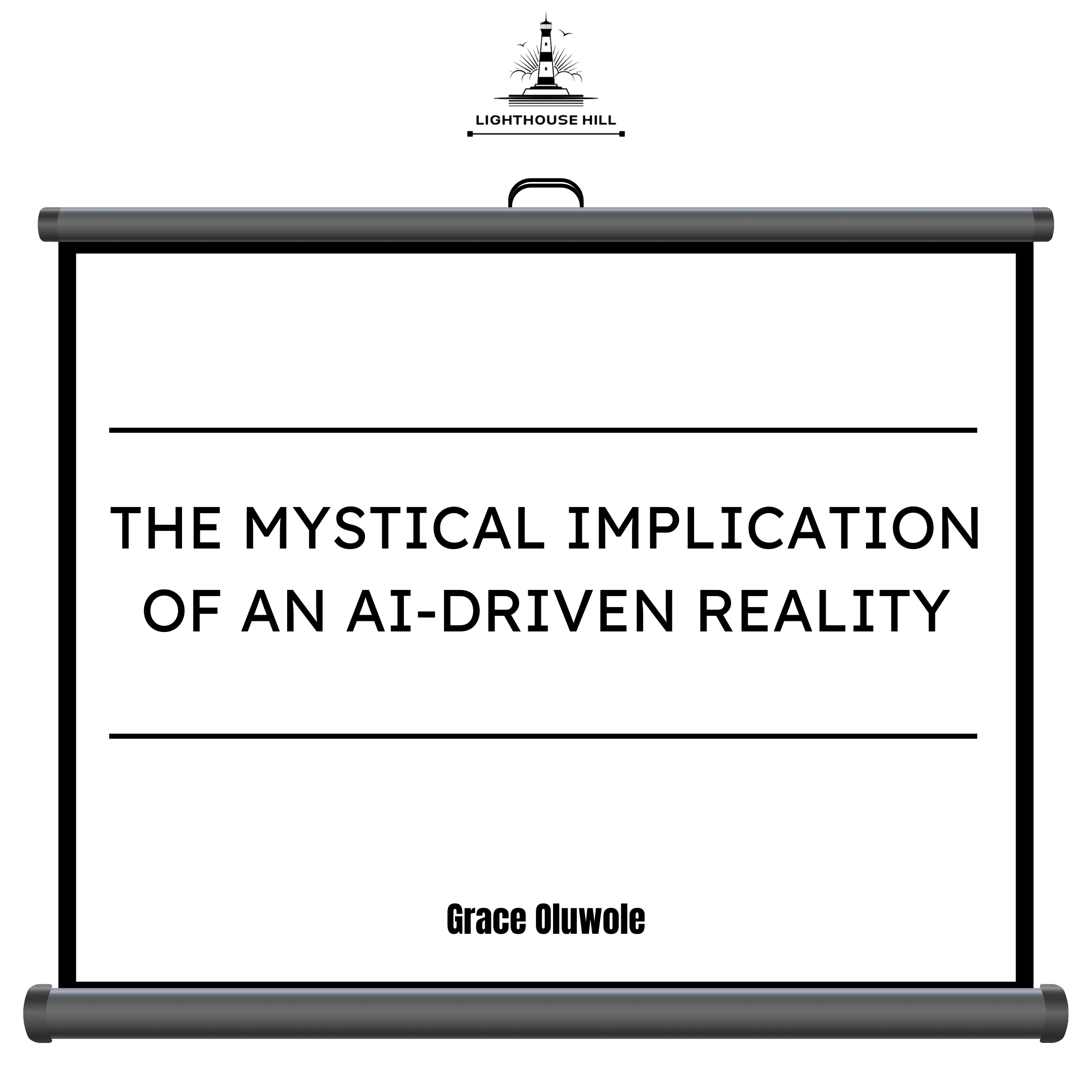




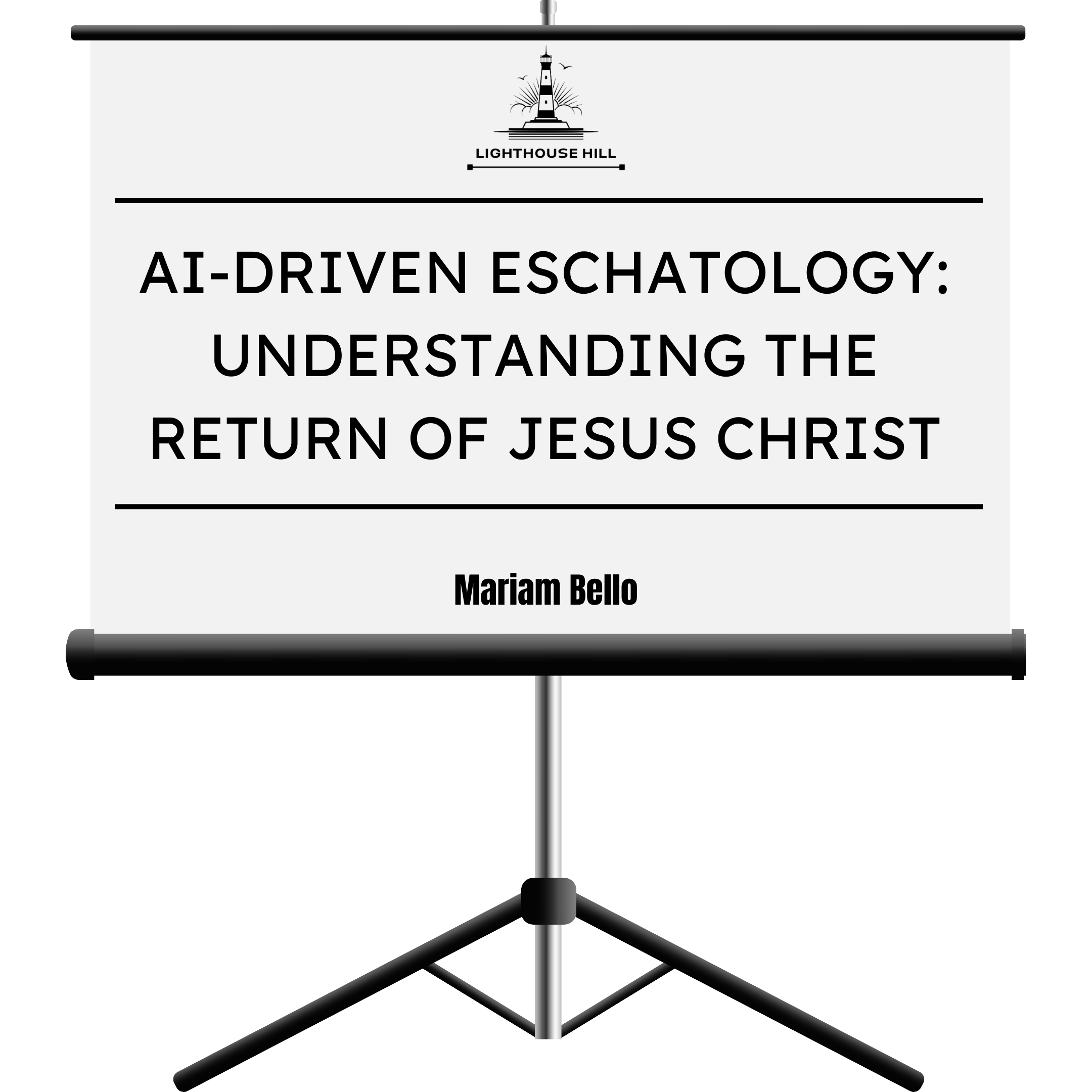
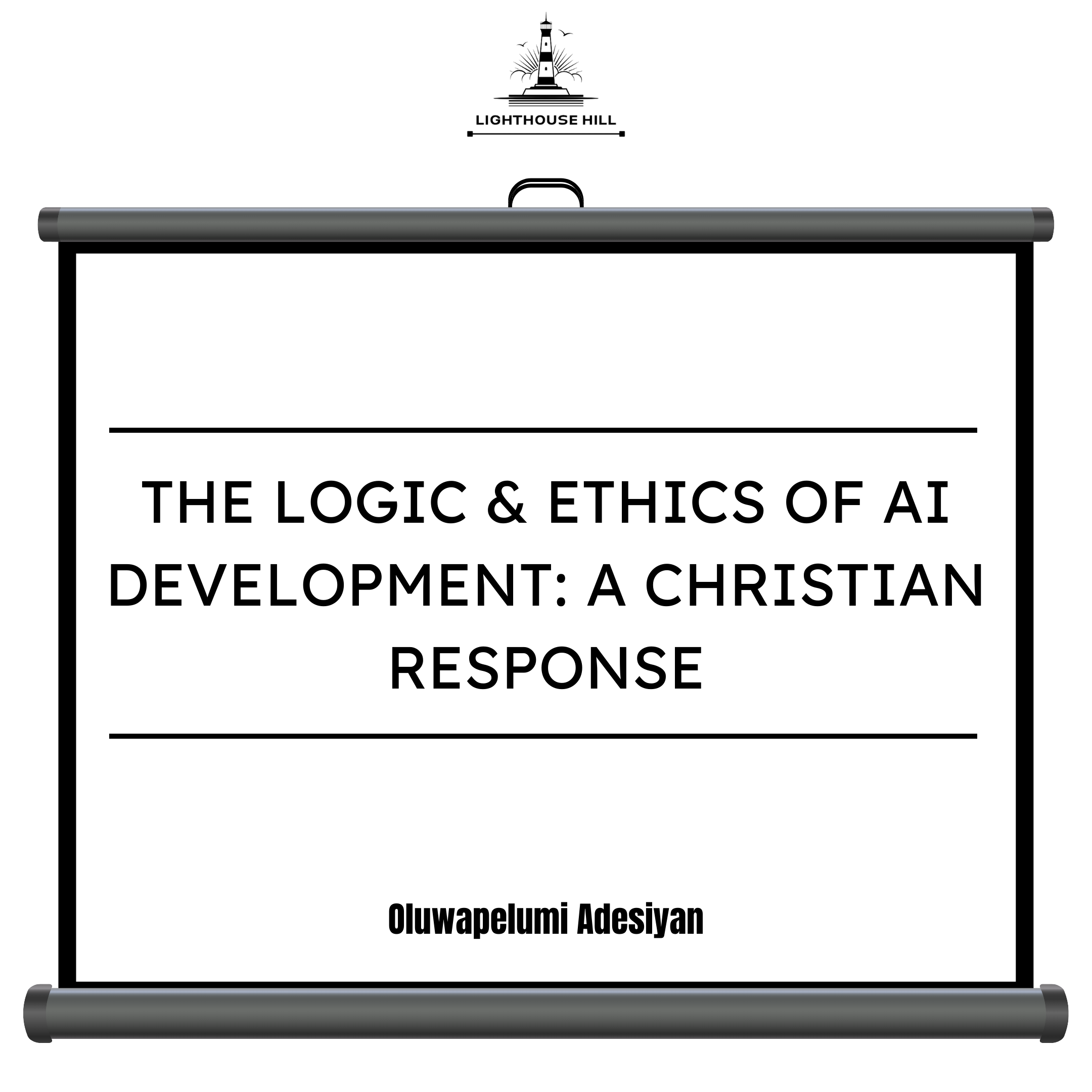
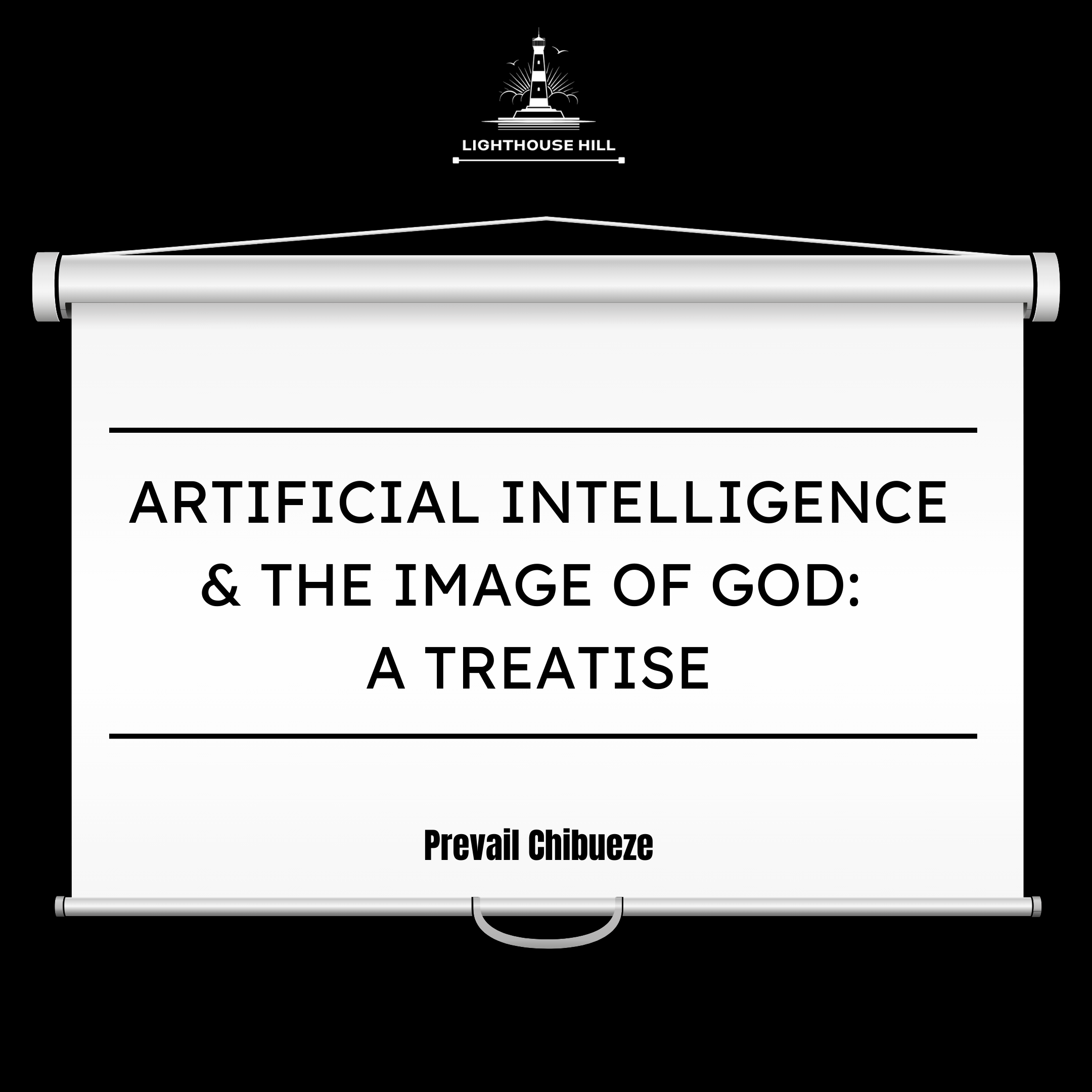

Leave a Reply
View Comments